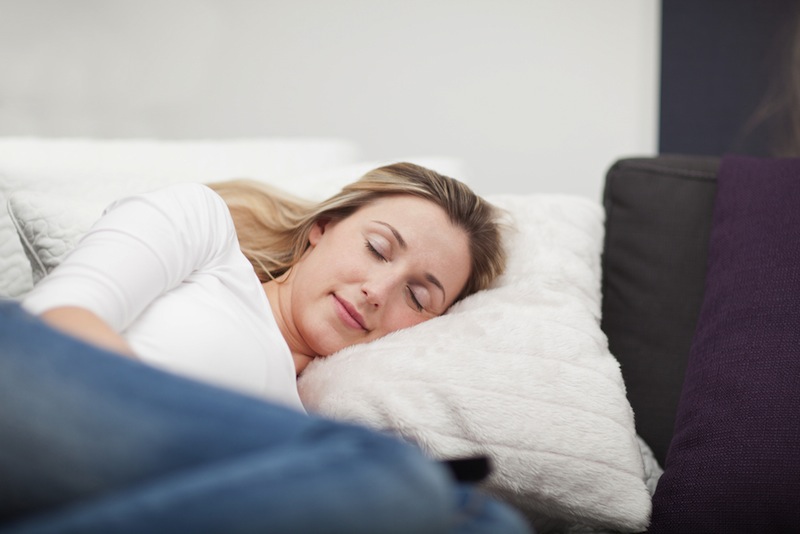Here's How a Nap Could Change Your Afternoon

WASHINGTON — Taking an afternoon nap can improve short-term memory in younger adults, but perhaps not in older adults, according to a new study. However, a little daytime shut-eye has other health benefits for the elderly.
In the study, participants took afternoon naps in a lab. Researchers gave the subjects a word-based memory test and measured their blood pressure before and after the nap. Upon waking, the younger adults were able to remember more words, while the older adults saw no memory improvement.
Healthy older adults did show a decrease in blood pressure after napping. But those with sleep apnea — a disorder in which people stop breathing while asleep — experienced increases in blood pressure, according to the study, presented here today (Aug. 8) at a meeting of the American Psychological Association.
"The age-old idea is that sleep is a restorative process — it does good things for the body," said Michael Scullin, a sleep psychologist at Baylor University in Waco, Texas.
Sleep, especially deep sleep, has been linked to memory consolidation and health in college-age adults. But older adults have shallower, more fragmented sleep, so it's unclear whether they get the same benefits from sleep that younger adults do. [5 Things You Must Know About Sleep]
"There's an increase in the number of people who are taking afternoon naps," Scullin told Live Science. "So we wanted to see whether afternoon naps can confer any of the same benefits that you might expect getting at night."
In the study, Scullin and his colleagues looked at adults ages 18 to 30 and 60 to 80. Some of the participants took 90-minute afternoon naps, and others just rested while awake. The participants wore caps of electrodes that recorded their brainwaves and other biophysical changes.
Sign up for the Live Science daily newsletter now
Get the world’s most fascinating discoveries delivered straight to your inbox.
The younger adults who napped did better on the word test than the ones who rested but didn't sleep, the researchers found. But the older adults remembered about the same number of words whether they napped or not.
The researchers also measured the blood pressure, because it is an important measure of long-term health that has been linked to the risk of dementia, Scullin said.
Results showed that healthy older adults' blood pressure decreased after napping, from about 140/80 to about 130/75. (Healthy blood pressure is 120/80, and the cutoff for a diagnosis of high blood pressure is 140/90, according to the National Institutes of Health.)
But among older adults who suffer from sleep apnea, blood pressure went up after napping, from 140/80 to about 150/90, the researchers found.
"When you're having these breathing cessations [in sleep apnea], it's putting a lot of stress on your heart, so it makes sense that the blood pressure would get worse," Scullin said.
The takeaway message is that afternoon naps can have some of the same memory benefits as overnight sleep for young people. Among older people, the cognitive benefits of naps are less clear, but afternoon sleep could lower blood pressure in some individuals, the researchers said.
Follow Live Science @livescience, Facebook & Google+. Original article on Live Science.










